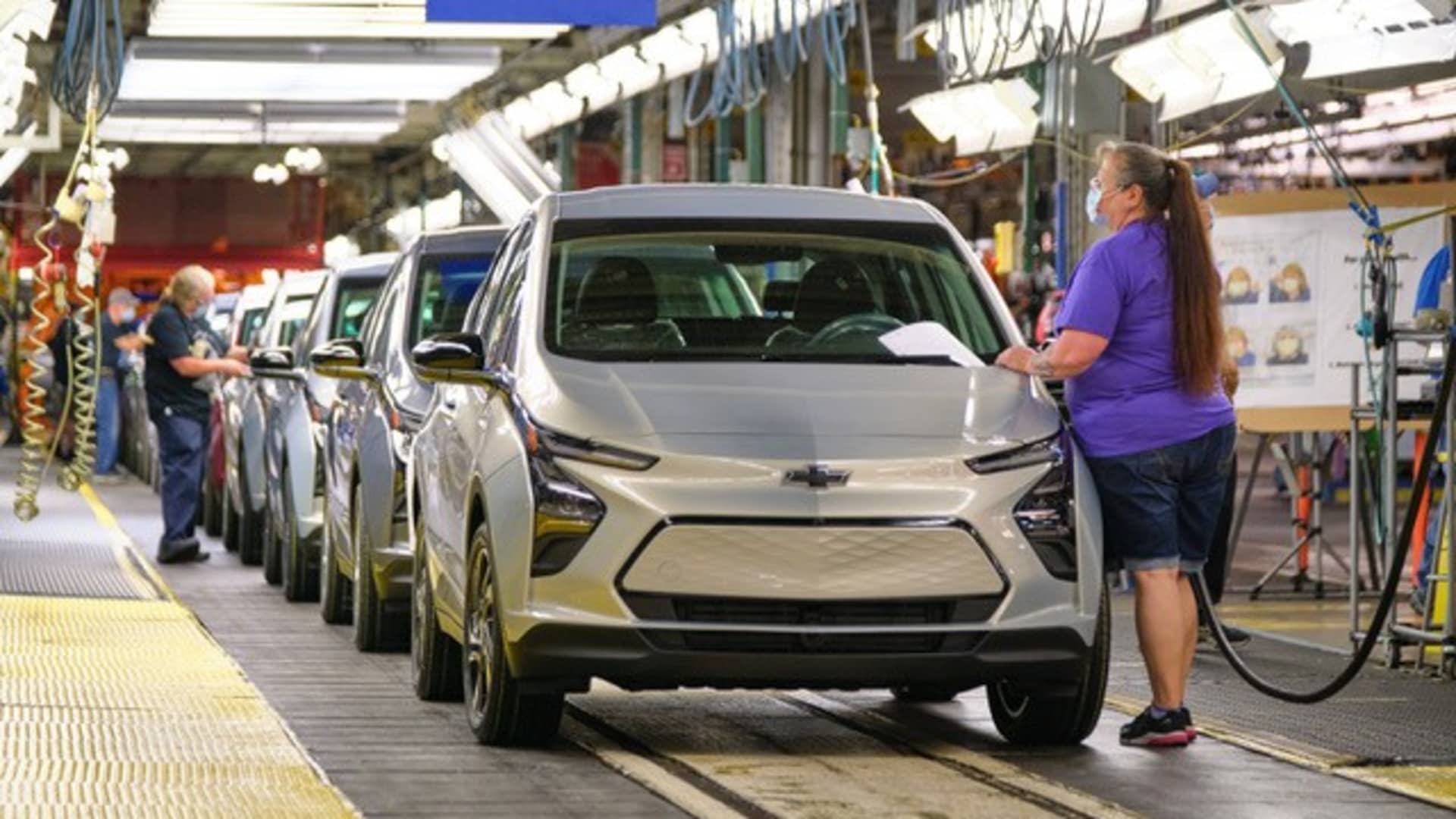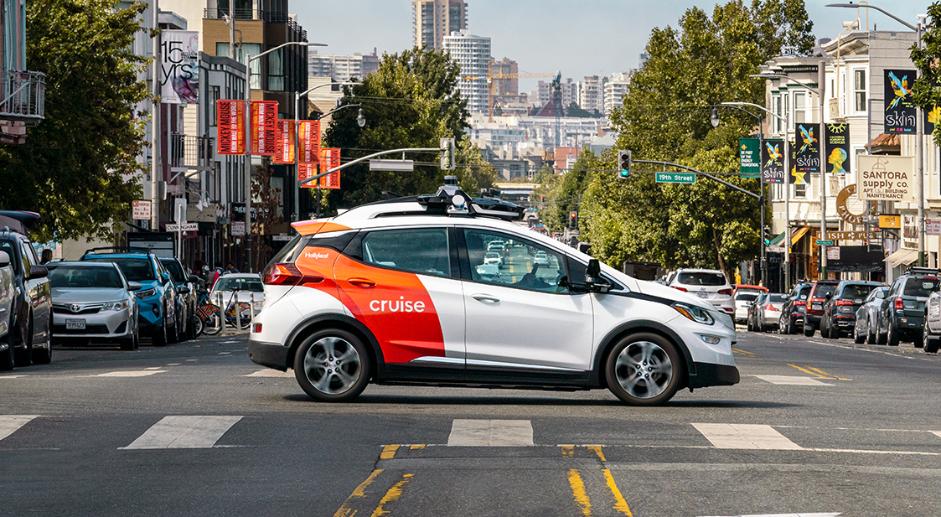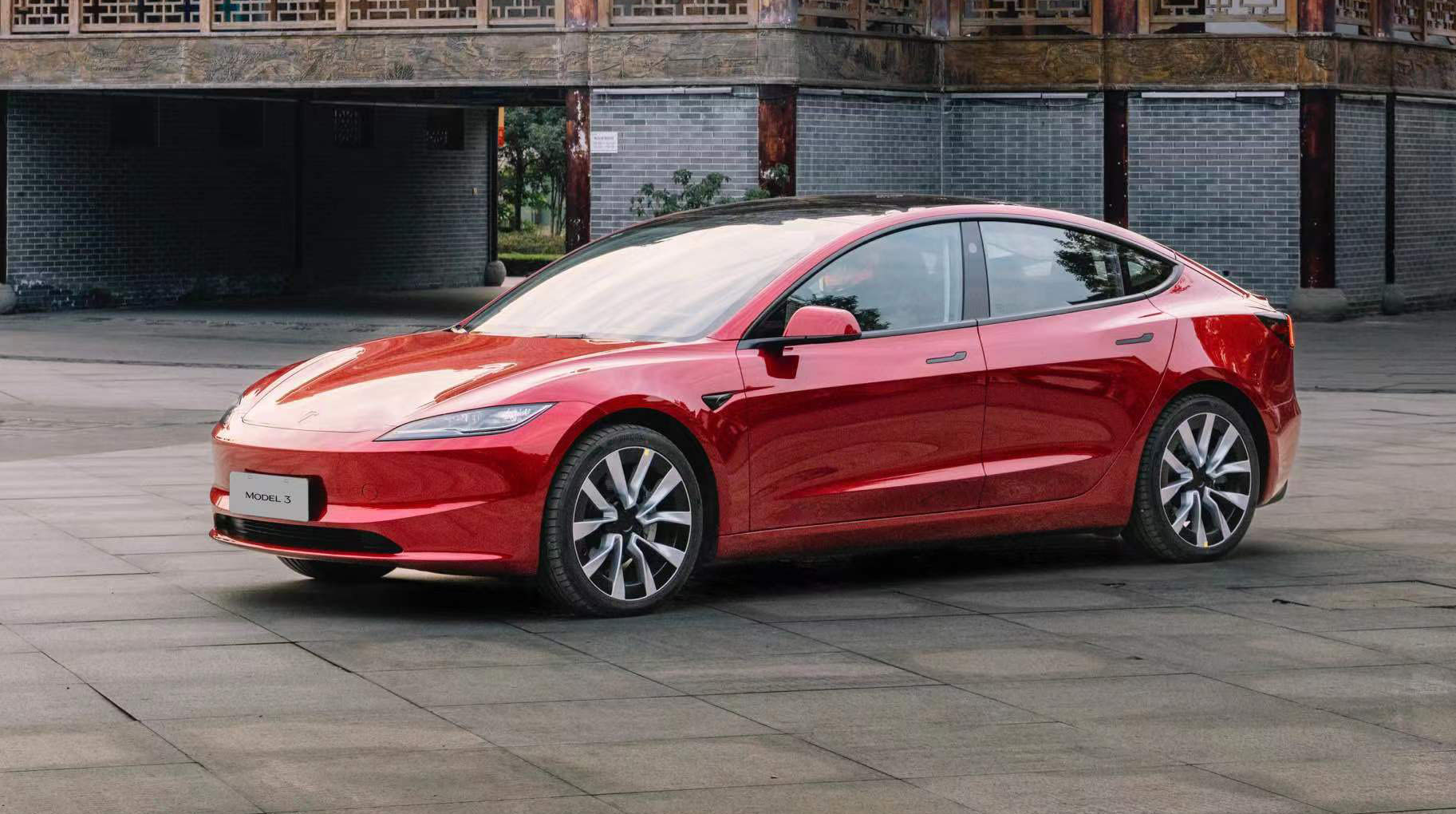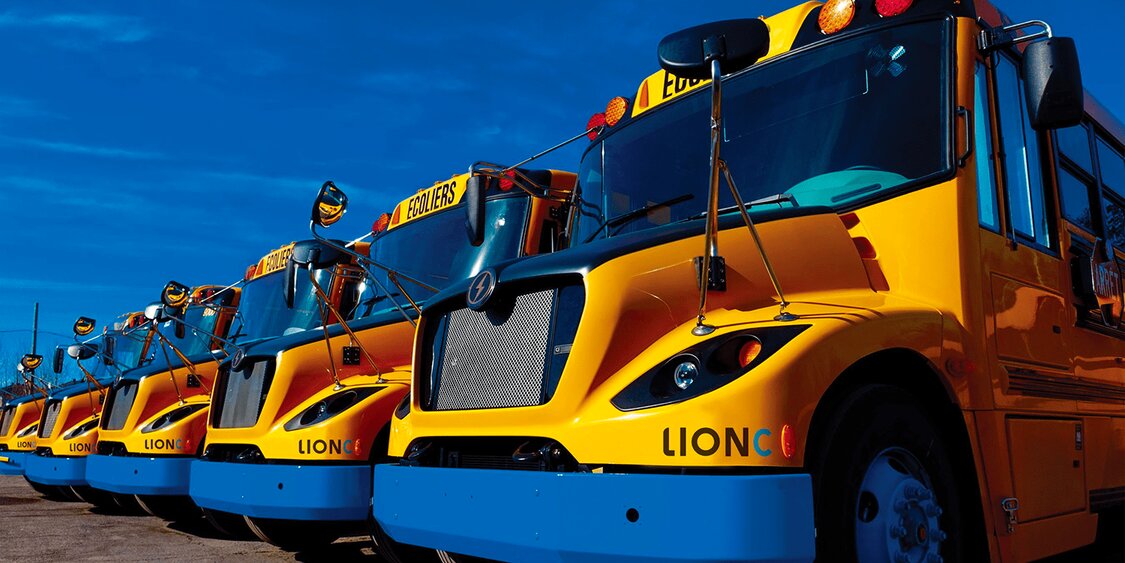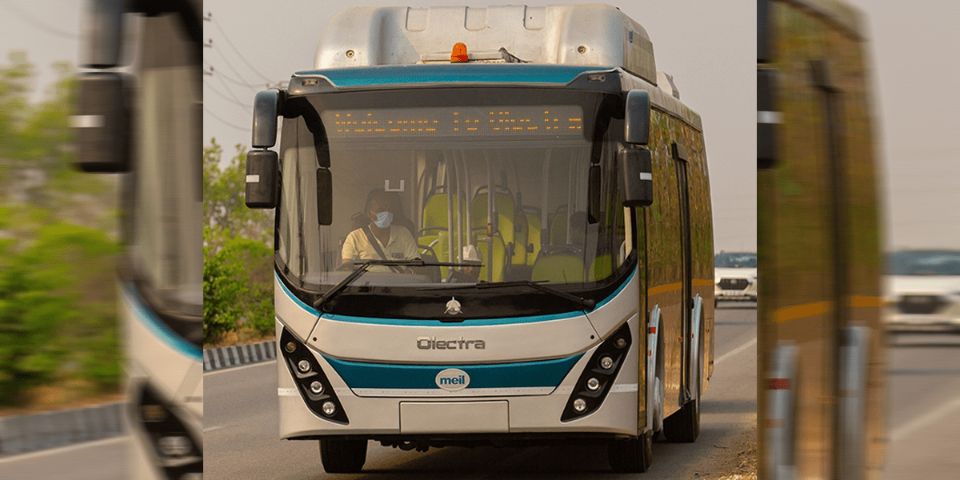The U.S. Energy Department announced on Thursday that it has granted preliminary approval for nearly $710 million in loans to electric vehicle (EV) technology manufacturing ventures, with $221.8 billion still available for clean-energy projects under the Biden administration.
South Korean company SK Siltron CSS is poised to receive $544 million to expand a plant in Bay City, Michigan, that produces high-power silicon carbide wafers crucial for EV drivetrains, including inverters and electrical distribution systems, the department stated.
The expansion is expected to create approximately 200 jobs each in the construction and production sectors, according to the department.
“This project is an important step towards ensuring a resilient and robust supply chain in the United States, and we are proud to bolster domestic semiconductor manufacturing,” said SK Siltron CSS CEO Jianwei Dong.
President Joe Biden visited the Bay City factory in November 2022, highlighting its production of material for chips that power “smartphones, washing machines, hospital equipment, automobiles — just to name a few.”
American Battery Solutions received conditional approval for a $165.9 million loan to expand its EV battery pack assembly operations in Springboro, Ohio, and Lake Orion, Michigan. Both facilities could employ up to 460 people.
See also: U.S. Energy Department Grants Record $9.2 Billion Loan to Ford and SK Innovation for Battery Plants
Jigar Shah, director of the energy department’s loan program office, revealed to Reuters in Detroit that his office has received applications for $80 billion in financing from “very sophisticated players” over the past two months.
As of December 31, 2023, the department has disbursed $34.43 billion and received applications for $263.1 billion in loans as of end-January.
The projects and jobs hinge on the companies finalizing the loans and deploying the funds. The energy department finalized a $2.5 billion loan in December 2022 to finance battery plant construction by a venture formed by General Motors and LG Energy Solution. However, Ford and battery partner SK On have yet to finalize a proposed $9.2 billion energy department loan to build three U.S. battery plants.
“We’re fully anticipating they are going to close the loan,” Shah stated.
See also: California Energy Commission Greenlights $1.9 Billion for EV and Hydrogen Stations
Energy Secretary Jennifer Granholm announced last August that the agency would offer $10 billion in loans and another $2 billion in grants to help convert factories to build electric vehicles.
“We hired specific people … to go beat the bushes to get people to use that,” Shah said. Many potential applicants are waiting in the hope of winning grants, he added.
Despite the downturn in the clean technology sector, including EVs, from the investment highs of 2021 and 2022, Shah noted that his office will “lean into good risks,” such as lending to projects aimed at producing critical minerals used in batteries and electronics, a sector currently dominated by China.
See also: US Start-Up ONE Develops Aries II LFP Battery Pack with Impressive Energy Density
“China is clearly oversupplying the market. Prices are down,” Shah said. However, the government’s advisers believe “we are going to be short capacity of critical minerals in 2027.”

